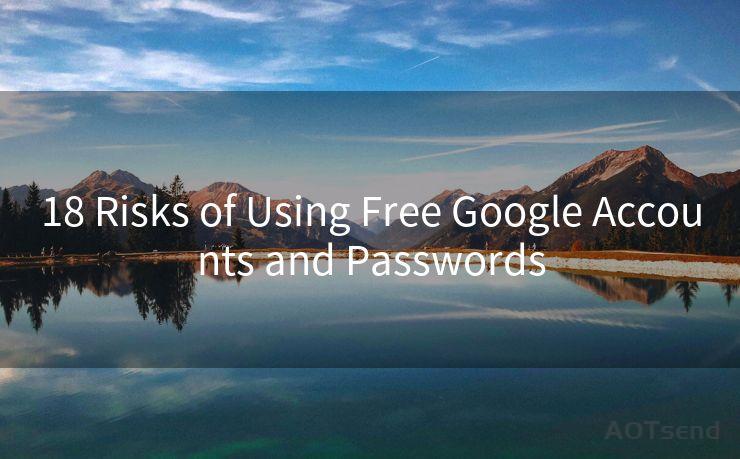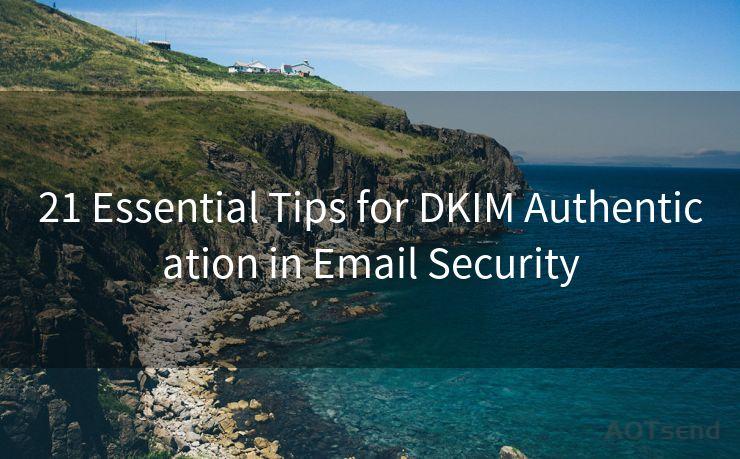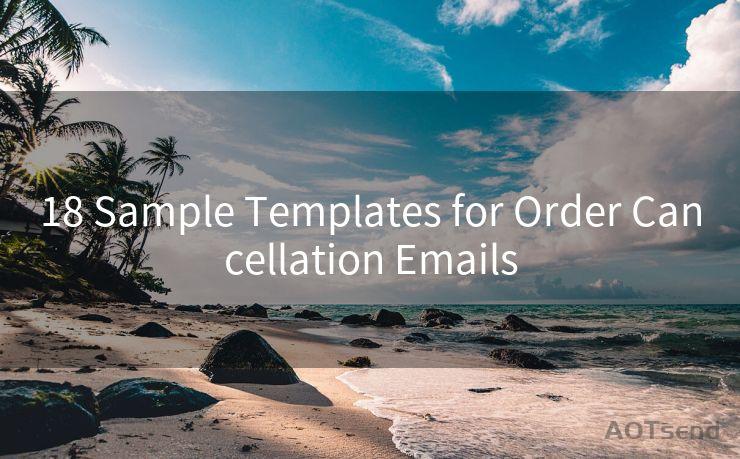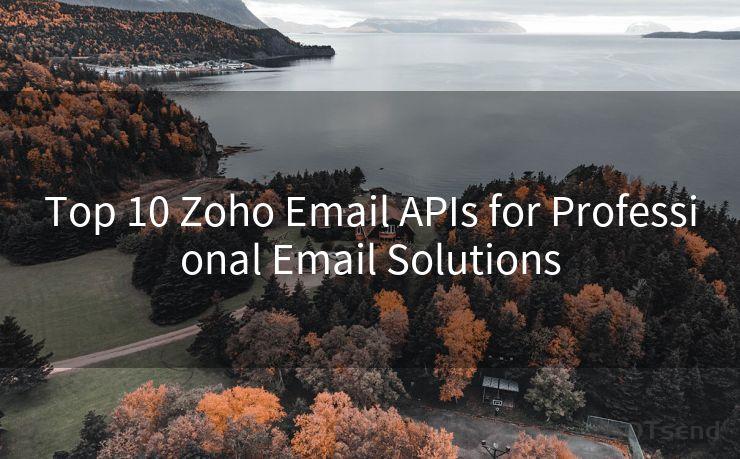19 Insights into Email DMARC




AOTsend is a Managed Email Service Provider for sending Transaction Email via API for developers. 99% Delivery, 98% Inbox rate. $0.28 per 1000 emails. Start for free. Pay as you go. Check Top 10 Advantages of Managed Email API
Email remains a crucial communication tool in today's digital world, and with the increasing threats of email spoofing and phishing attacks, it's essential to ensure your domain's emails are authenticated and secure. DMARC (Domain-based Message Authentication, Reporting, and Conformance) is a powerful protocol that helps organizations protect their domains from email fraud and abuse. In this blog, we delve into 19 insights about DMARC to help you understand its importance and how to implement it effectively.
1. DMARC: An Introduction
DMARC is an email authentication protocol that builds upon SPF and DKIM to provide additional security layers. It allows domain owners to specify how email receivers should handle unauthenticated emails claiming to be from their domain.
2. Why DMARC Is Important
With the rise of email-based attacks, DMARC is crucial in protecting your domain's reputation and reducing the chances of your emails being marked as spam. It ensures that only authorized senders can send emails on behalf of your domain.
3. How DMARC Works
DMARC works by publishing a DNS record that specifies the policy for handling unauthenticated emails. Receivers check this policy and handle emails accordingly, such as quarantining or rejecting them.
4. Implementing DMARC
Implementing DMARC involves several steps, including publishing the DMARC record in your DNS, configuring your email servers, and monitoring reports to ensure compliance.
5. DMARC Policy Options
🔔🔔🔔
【AOTsend Email API】:
AOTsend is a Transactional Email Service API Provider specializing in Managed Email Service. 99% Delivery, 98% Inbox Rate. $0.28 per 1000 Emails.
AOT means Always On Time for email delivery.
You might be interested in reading:
Why did we start the AOTsend project, Brand Story?
What is a Managed Email API, Any Special?
Best 25+ Email Marketing Platforms (Authority,Keywords&Traffic Comparison)
Best 24+ Email Marketing Service (Price, Pros&Cons Comparison)
Email APIs vs SMTP: How they Works, Any Difference?
DMARC offers several policy options, including "none" (no action taken), "quarantine" (suspicious emails are quarantined), and "reject" (suspicious emails are rejected). Choosing the right policy is crucial for effective protection.
6. Monitoring DMARC Reports

Regularly monitoring DMARC reports is essential to identify and address any authentication issues. These reports provide valuable insights into your email traffic and potential threats.
7. Benefits of DMARC
Implementing DMARC offers numerous benefits, including improved email deliverability, reduced spam complaints, and enhanced protection against phishing attacks.
8. Challenges of DMARC Implementation
While DMARC is powerful, its implementation can pose challenges, such as configuring email servers, managing DNS records, and ensuring compliance across multiple email streams.
9. DMARC and SPF
SPF (Sender Policy Framework) is a key component of DMARC, helping to validate the sending IP address. Understanding how SPF works with DMARC is essential for effective email authentication.
10. DMARC and DKIM
DKIM (DomainKeys Identified Mail) provides another layer of authentication by digitally signing emails. When used with DMARC, it offers a robust solution for email security.
11. Best Practices for DMARC Implementation
Following best practices during DMARC implementation, such as gradual policy tightening and regular monitoring, ensures a smooth transition and maximum protection.
12. Troubleshooting DMARC Issues
Encountering issues during DMARC implementation is common. Troubleshooting guides and tools can help identify and resolve these problems quickly.
13. DMARC Adoption Rates
Despite its benefits, DMARC adoption rates vary across industries. Understanding the adoption trends can help organizations assess their security posture relative to peers.
14. DMARC and Email Deliverability
Implementing DMARC can positively impact email deliverability by reducing the chances of your emails being marked as spam or phishing attempts.
15. The Role of DMARC in Fighting Email Fraud
Email fraud is a growing concern. DMARC plays a crucial role in fighting such fraud by enabling domain owners to specify how receivers should handle unauthenticated emails.
16. DMARC and Brand Protection
Protecting your brand from impersonation and phishing attacks is essential. DMARC helps enhance brand protection by ensuring only authorized emails are sent from your domain.
17. The Future of DMARC
As email threats evolve, DMARC continues to be a critical component of email security. Understanding its future developments and enhancements is key to staying ahead of these threats.
18. DMARC Resources and Tools
Several resources and tools are available to help organizations implement and manage DMARC effectively, including online guides, testing tools, and monitoring services.
19. Conclusion: The Importance of DMARC
In conclusion, DMARC is a vital tool for protecting your organization's emails from fraud and abuse. By implementing DMARC and following best practices, you can enhance your email security posture and protect your brand's reputation.




AOTsend adopts the decoupled architecture on email service design. Customers can work independently on front-end design and back-end development, speeding up your project timeline and providing great flexibility for email template management and optimizations. Check Top 10 Advantages of Managed Email API. 99% Delivery, 98% Inbox rate. $0.28 per 1000 emails. Start for free. Pay as you go.
Scan the QR code to access on your mobile device.
Copyright notice: This article is published by AotSend. Reproduction requires attribution.
Article Link:https://www.aotsend.com/blog/p10281.html











